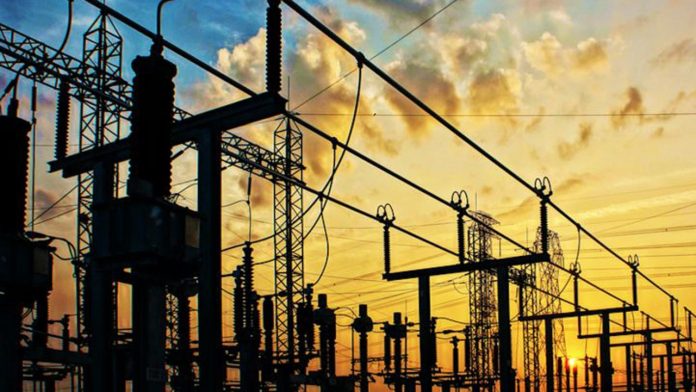The Transmission Company of Nigeria has said the blackout affecting parts of Northern Nigeria will persist due to security challenges hindering repairs on critical transmission lines.
Despite efforts to restore electricity through alternative means, the TCN said the situation will not be fully resolved anytime soon.
The ongoing blackout, which has lasted over four days, initially stemmed from vandalism of the Shiroro-Mando transmission line, which provided bulk electricity to the northern states.
To mitigate the impact, the TCN diverted electricity through the Ugwuaji-Apir 330-kilovolt (kV) double-circuit transmission line.
However, a tripping incident on this alternative line further worsened the power supply situation.
The Executive Director of the Independent System Operator at TCN, Nafisatu Asabe Ali, explained during a public hearing by the Nigerian Electricity Regulatory Commission that the repair of the Ugwuaji-Apir line would only provide a limited solution.
She noted that while the line could carry up to 750 megawatts of power, only 350 MW could be safely transmitted to Kano, Kaduna, and parts of Niger Republic due to voltage stability issues in Kano.
The larger Shiroro-Mando transmission line, which supplies more power, remains out of service due to insecurity in the area where it was damaged.
Nafisatu said the TCN had received security advice from the Office of the National Security Adviser indicating that the area where three towers were destroyed are currently inaccessible due to ongoing security issues.
Despite having the materials needed for repairs, TCN cannot proceed until the security situation improves, she noted.
She said the region is currently sharing 250MW of electricity with Niger Republic, and when the Ugwuaji-Apir line is restored, the maximum power transmission will reach only 350MW.
The Chairman of NERC, Garba Usman, criticised the TCN for its lack of solutions to prevent equipment failures, particularly transformer explosions, which have contributed to the recurring power outages.
He called for stronger protective measures to avoid transformer fires that disrupt the entire grid.
Meanwhile, the NERC has ended its oversight of electricity supply industries in Enugu and Ondo States.
This follows full implementation of the Electricity Act 2023, which allows states to set up their regulatory body. The move births a new era of state-level regulation of the electricity market.
The Enugu State Electricity Regulatory Commission and Ondo State Electricity Regulatory Bureau took complete regulatory control of their respective state electricity markets on October 22, 2024.
Both states have established regulatory frameworks for the interim period, focusing on three key areas: tariff methodology, subsidy structure, and billing practices.
The states will implement NERC’s tariff methodology without the subsidy component, creating a significant shift in consumer electricity pricing.
Enugu State will follow NERC’s “Order on Capping of Estimated Billings” for estimated billing, with plans for future reviews. Ondo State has implemented stricter measures, declaring unmetered electricity consumption a criminal offence under State Law.
Industry observers highlight upcoming challenges, especially regarding consumers’ ability to pay cost-reflective tariffs without subsidies.
The transition also questions the states’ strategies to tackle persistent issues in Nigeria’s power sector, including sector insolvency and high commercial and collection losses.
This transition serves as a crucial test case for Nigeria’s power sector decentralisation.
Stakeholders now monitor how these states will handle their new regulatory responsibilities and address the complex electricity distribution and pricing challenges.
The outcomes in Enugu and Ondo States will influence other Nigerian states considering similar transitions under the Electricity Act 2023, potentially transforming the country’s power sector landscape in coming years.

